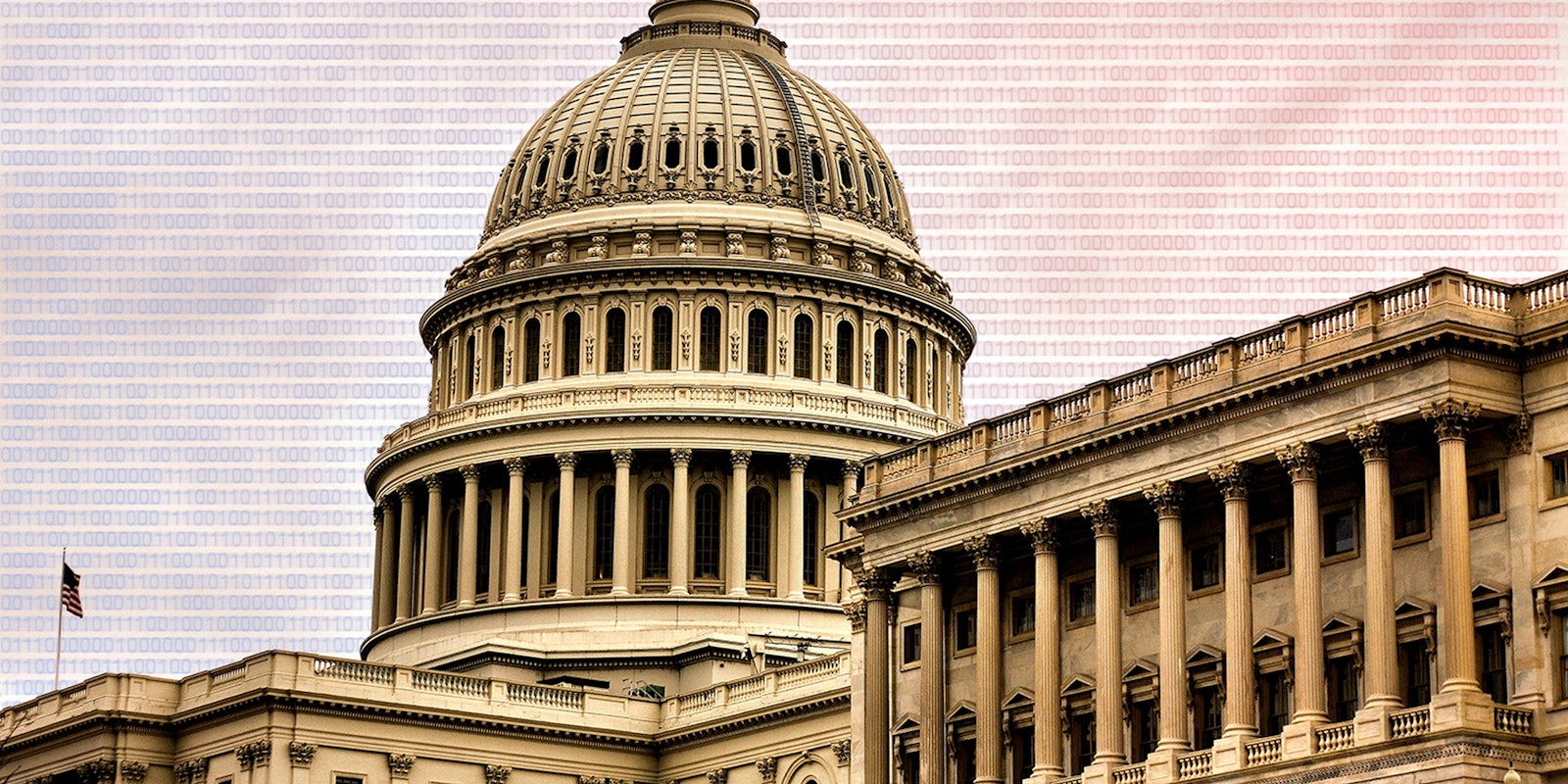The U.S. House of Representatives has passed what is being hailed as the most significant piece of open government legislation in half a century. The bill has now been sent to the White House to await President Obama’s signature.
The Digital Accountability and Transparency Act, or the DATA Act, mandates the standardization of financial data by government agencies—data which will then be published online, in a bid to radically increase government transparency and tackle fraud.
The DATA Act has been a work-in progress since 2011, and finally passed the House Monday with bipartisan support, and the backing of Eric Cantor, the Republican House Majority Leader. It had previously passed the Senate earlier this month, with the sponsorship of Democratic Senator Mark D. Warner (Va.).
There are now no obstacles to DATA’s passing: politics blog E Pluribus Unum reports that the White House Office of Management and Budget has confirmed that Obama will sign the bill into law.
Currently, financial data from government agencies is released in a mishmash of different formats and standards, with no one single format for collating and delivering data to those who need it. Any analyses of cross-agency spending trends are analogous to ”endless conversions of apples to oranges,” says Hudson Hollister, executive director of the Data Transparency Coalition.
By standardizing federal government spending and publishing the resulting data online, proponents say, the DATA Act has a wide raft of potential benefits, from enabling researchers to find what they need more efficiently, to making it easier to identify agency waste and fraud, and helping taxpayers better understand how their tax dollars are spent.
Sen. Warner, who sponsored the bill in the Senate, hailed the passing. “In the digital age, we should be able to search online to see how every grant, contract and disbursement is spent in a more connected and transparent way through the federal government … Our taxpayers deserve to see clear, accessible information about government spending, and this accountability will highlight and help us eliminate waste and fraud,” Warner said in a statement.
Meanwhile, Rep. Darrell Issa (R-Calif), Chairman of the House Oversight and Government Reform Committee and the bill’s sponsor in the House, has described the DATA Act “the most important transparency reform” of the past four years, and “the first shot of a technology revolution that will transform the way we govern.”
Watch Rep. Issa’s full statement above.
All things considered, the DATA Act seems to promise a reassuring step towards open governance. Let’s just hope the implementation goes a little more smoothly than Obamacare.
Photo by Phil Roeder/Flickr (CC BY 2.0) | Remix by Jason Reed


